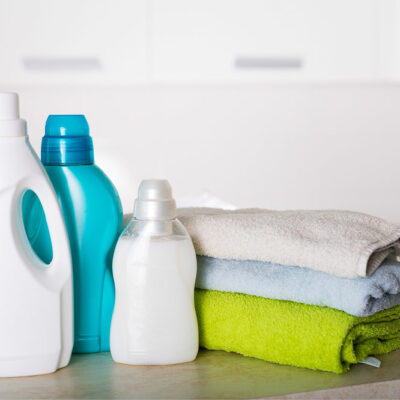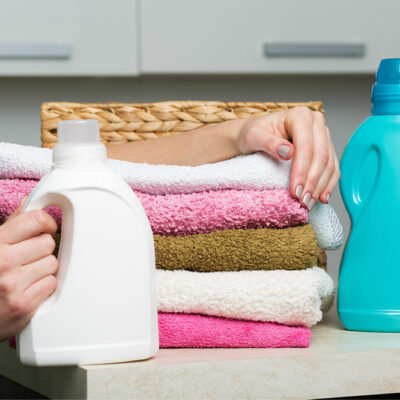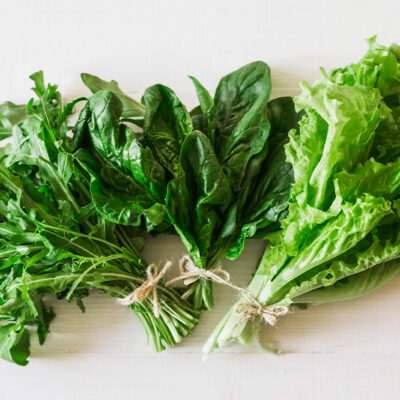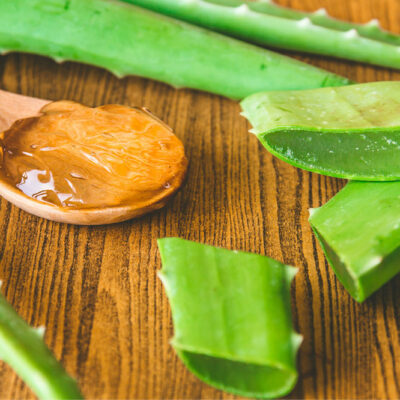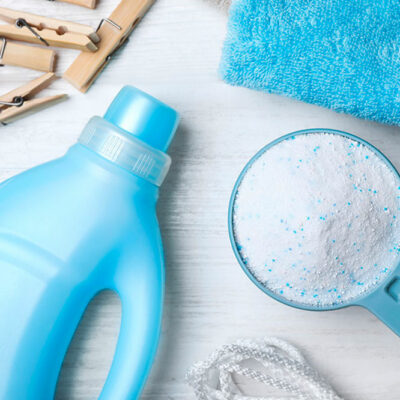
8 organic detergents for fresh smelling clothes
Fragrances can trigger memories as they help you relax and find enjoyment in the things you do. The fragrant detergents serve the additional purpose of keeping clothes smelling fresh days after they have been washed. They also remove the monotony of laundry and make it more enjoyable. You may be surprised, but lavender is the most popular fragrance for laundry as it calms the person wearing the clothes or using the linen. Benefits of organic fragrances It is now common knowledge that detergents are made of thousands of chemicals. You may think a spoonful of detergent powder or a capful of liquid detergent cannot harm you. These detergents contain fragrances, neurotoxins, carcinogens, and endocrine disruptors. The chemicals emitted through dryer vents can go outside or circulate within the house, affecting air quality. When you and your family continuously breathe the same air, the risk of ingestion is relatively high. Fragrances are among the top five asthma triggers as they contain phthalates, which are also linked to diabetes, high BMI, hormone disruption, and growth issues. With the increased risk to human health, aquatic life, and the environment, governments are placing many restrictions on what ingredients can go into household cleaning products.
Read Article 